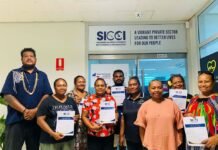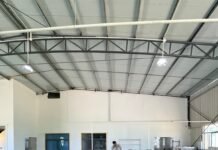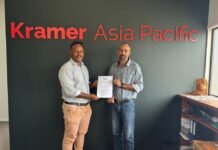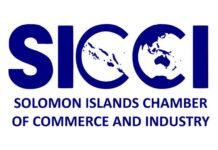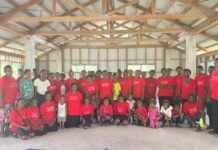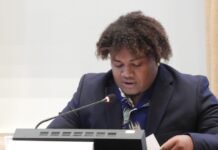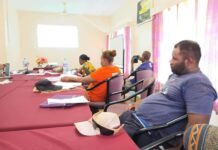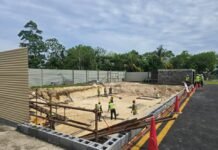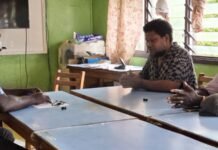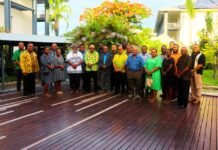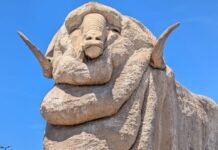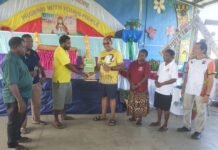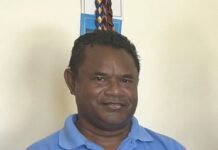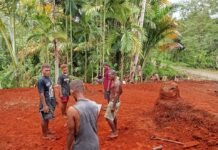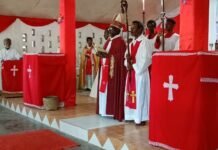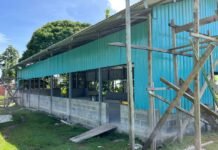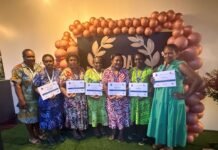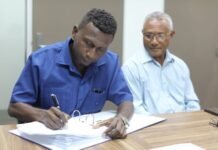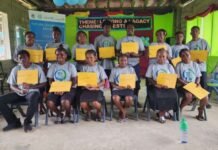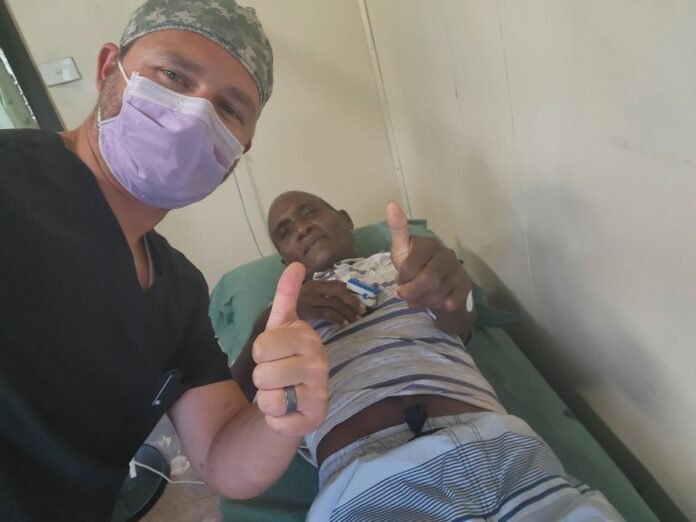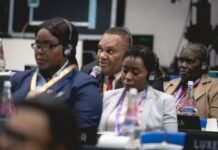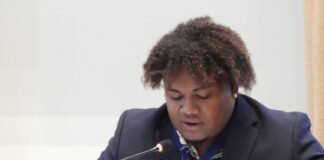BY SGT. MASON RUNYON
Honiara, Solomon Islands -THE 1984th U.S. Army Hospital Pacific (USAH-P), a brigade of the 9th Mission Support Command, continued its Global Healthcare Engagement (GHE) across Solomon Islands’ provinces, with particular focus on Auki, Honiara, Gizo, and Munda.
In Munda, the team’s centerpiece was the introduction of a new ultrasound machine, an endeavor in which Lt. Col. Richard Teames, the officer in charge of the operating room and anesthesia section for the 394th Forward Surgical Team, played a pivotal role.
As an expert in ultrasound technology and a consultant to the machine’s manufacturer, Lt. Col. Teames – who is a physician anesthesiologist from Dallas-Fort Worth, Texas – worked with the local healthcare team in Munda to install a brand-new ultrasound machine that had been delivered just three days prior, from pulling it out of the large wooden crates it arrived in from Japan to setting it up for use. Following installation, Lt. Col. Teames and his colleagues worked with the doctors and specialists in Munda on various aspects of the ultrasound machine, including scanning techniques, probe use, and image management. It wasn’t long before the machine would be needed for immediate use: shortly after its assembly, a local professional needed to assess a critically ill, premature infant.
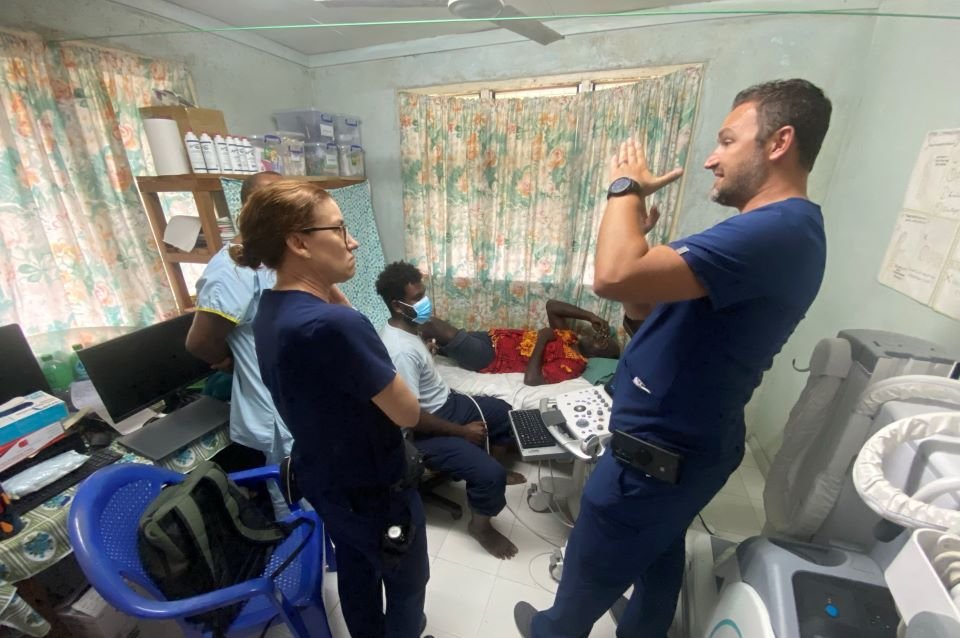
“We used the ultrasound to identify a large amount of free air in the baby’s belly, indicating a perforation in the intestinal tract,” Lt. Col. Teames recalled. “The ability to make such swift decisions with the new ultrasound was crucial.”
The quick diagnosis enabled the timely transfer of the infant to Honiara’s National Referral Hospital, where she received appropriate care. In another instance, the ultrasound was used to perform nerve blocks for a patient with severe diabetic infection. Lt. Col. Teames was pleased to report that this allowed the team to “perform a toe amputation with effective anesthesia and without additional sedation. The nerve block provided 22 hours of pain relief post-operation.”
In addition to working with Munda’s medical community on proper use of the equipment, the teams focused on effective use of it. Lt. Col. Teames added, “The relationship building with the people of Solomon Islands is invaluable,” noting that he hopes to return with ongoing U.S. Department of Defense medical missions in the future in order to continue working alongside Munda’s medical professionals to contribute to improving healthcare outcomes in the region.






